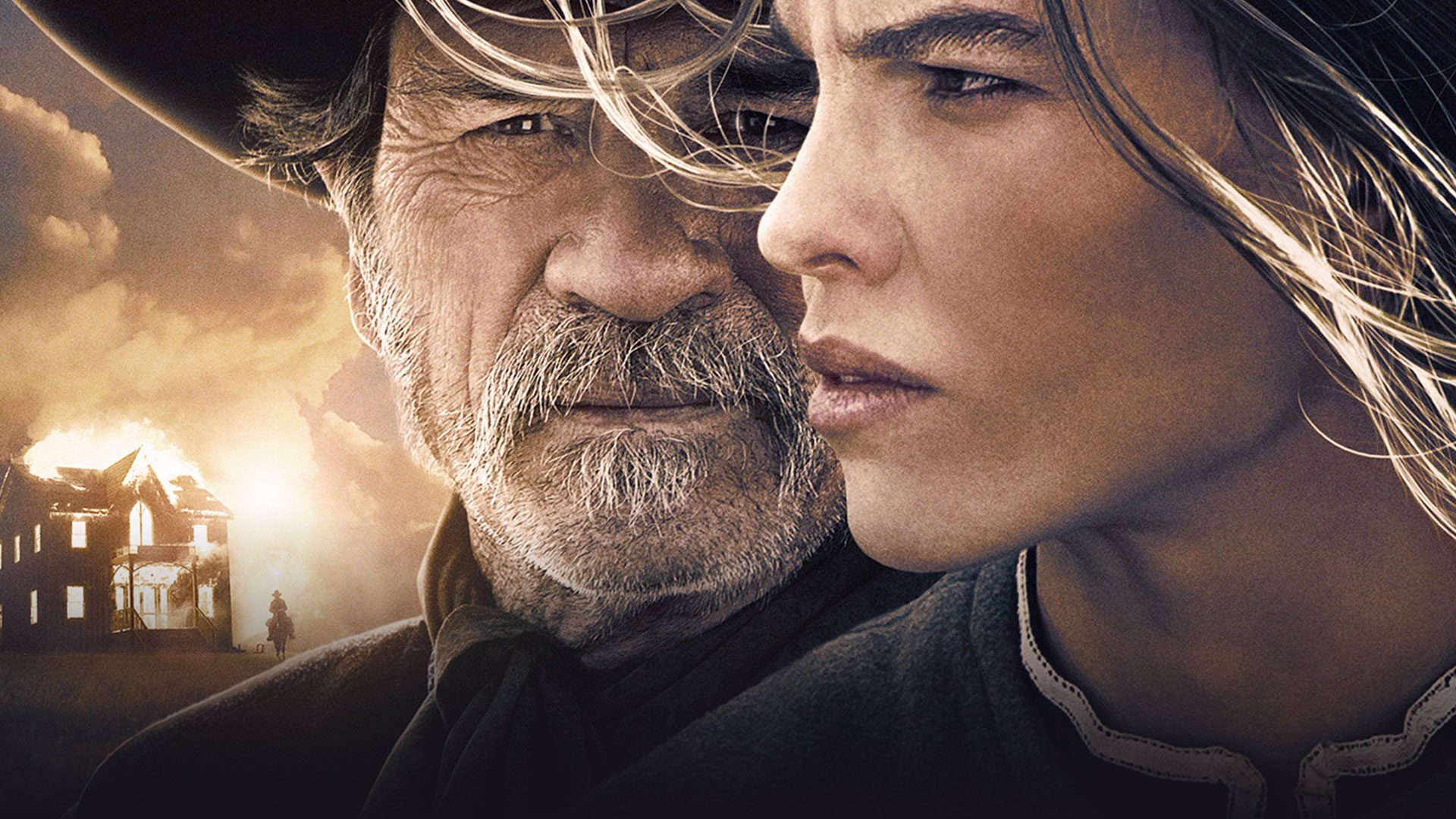The Homesman (2014): A Haunting Revisionist Western with a Feminist Edge
Directed by and starring Tommy Lee Jones, The Homesman (2014) is a brooding, atmospheric revisionist Western that challenges traditional frontier mythology by focusing on the psychological toll of life on the American plains—particularly for women. Adapted from the novel by Glendon Swarthout, the film offers a stark, uncompromising look at hardship, mental illness, and moral ambiguity in the 1850s Nebraska Territory.
At the heart of the story is Mary Bee Cuddy, played masterfully by Hilary Swank. A resourceful, unmarried woman in her 30s, Mary Bee is considered too plain and too “bossy” by the men of her community. Despite her strength and independence, she yearns for connection and respect. When three local women suffer mental breakdowns due to the extreme isolation and trauma of prairie life, Mary Bee volunteers for the arduous task of escorting them to a church-run asylum in Iowa. It’s a job no man in town will take.

Recognizing the danger of traveling alone with the women—each emotionally shattered and unpredictable—Mary Bee enlists the help of George Briggs (Tommy Lee Jones), a claim-jumper she saves from a noose. Reluctantly agreeing to assist her in exchange for his life, Briggs joins her on a perilous journey across desolate and dangerous terrain.
What unfolds is less a traditional Western and more a meditation on morality, gender roles, and survival. Mary Bee, for all her strength, is human—tired, vulnerable, and desperate for love in a world that punishes independent women. Swank's performance is powerful and layered, capturing both her character’s resilience and underlying loneliness. In contrast, Jones’ Briggs is a gruff drifter whose self-interest slowly gives way to a reluctant sense of duty. Their uneasy alliance drives the film forward, marked by clashes, revelations, and a surprising twist of fate that radically shifts the emotional tone midway through the story.

Cinematographer Rodrigo Prieto paints the frontier as a vast, uncaring expanse—both beautiful and terrifying. The film's visual style enhances the story’s emotional weight, with long, wide shots that emphasize the characters’ isolation and vulnerability. Marco Beltrami’s score further deepens the film’s haunting mood.
Supporting performances by Meryl Streep, Grace Gummer, Miranda Otto, and Hailee Steinfeld add texture and credibility to the bleak reality faced by pioneer women. The three afflicted women are not merely plot devices; they represent the often-forgotten victims of frontier life—those broken not by bullets, but by silence, loss, and abandonment.
Critics praised The Homesman for its intelligence, unflinching tone, and feminist undercurrents. It was selected to compete for the Palme d'Or at the 2014 Cannes Film Festival and received strong reviews for its performances, direction, and thematic depth. However, its grim narrative and subversion of genre expectations made it a polarizing experience for some audiences.
In conclusion, The Homesman is a somber, thought-provoking Western that redefines heroism and hardship through a distinctly human—and often female—lens. It offers no easy answers or heroic triumphs, but instead invites viewers to reconsider the myths of the American frontier and the sacrifices that shaped its history.


-1751869042-q80.webp)
